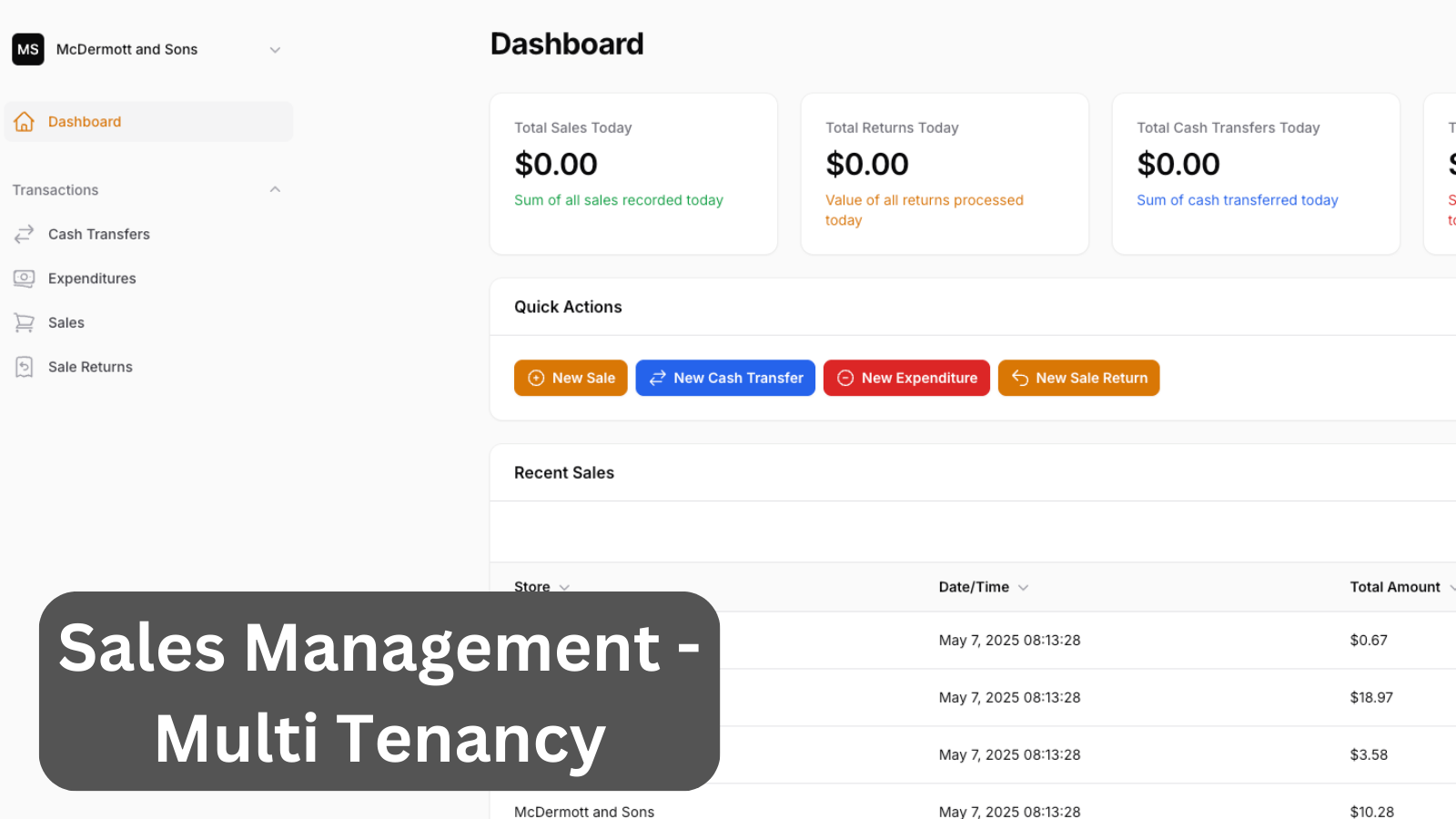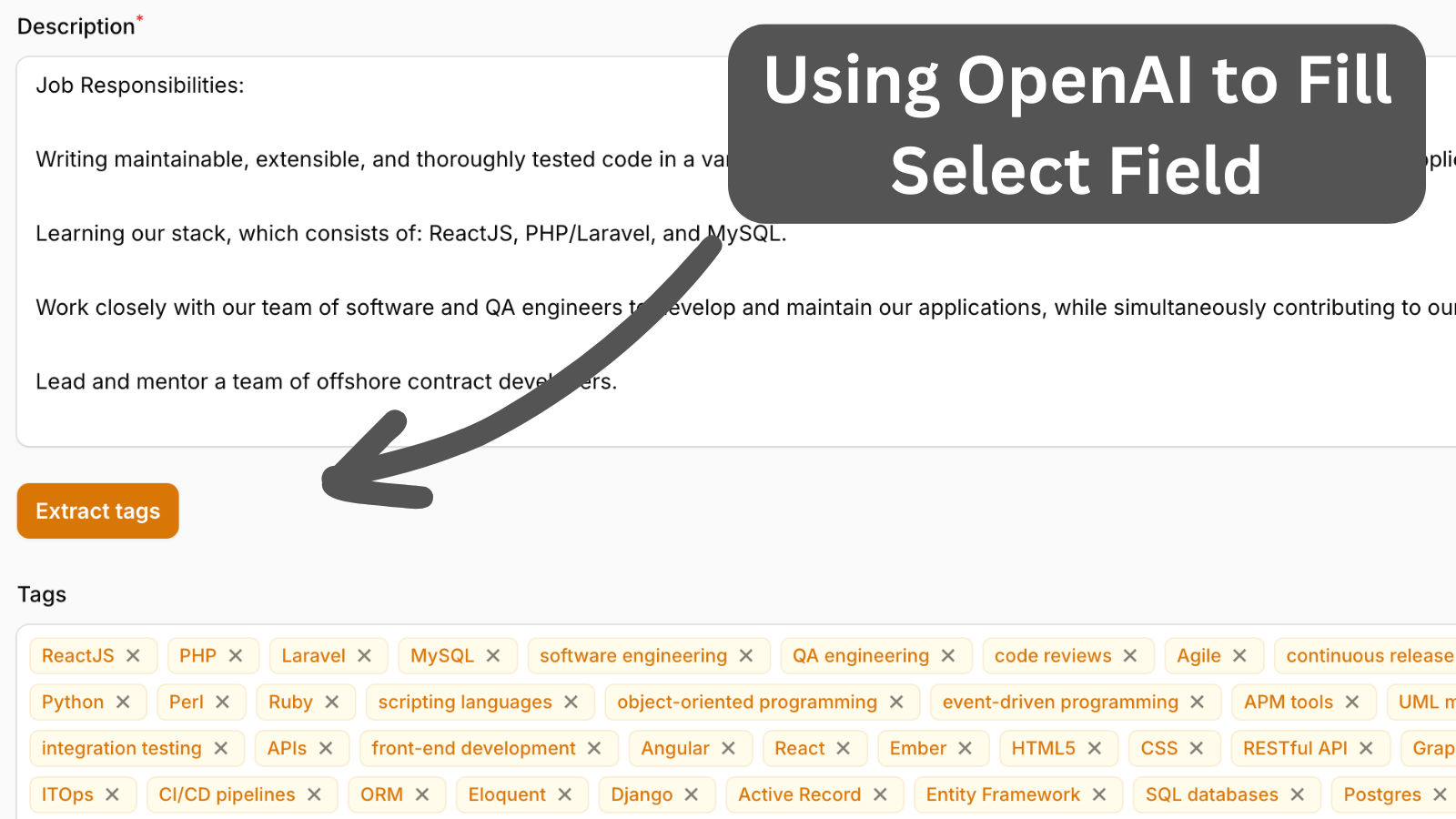Filament: Log Search Queries to the Database
2024-11-13 Filament v3When we add a search to our Tables, it would be cool to know what people are searching for, right? So, let me show you how to log the searches into the DB.

Creating Search Logs Model
First, we need a place to store our search logs:
Migration
Schema::create('search_logs', function (Blueprint $table) { $table->id(); $table->string('resource'); $table->string('search_query'); $table->foreignId('user_id')->constrained('users'); $table->timestamps();});Then, we can add a Model:
app/Models/SearchLog.php
use Illuminate\Database\Eloquent\Model;use Illuminate\Database\Eloquent\Relations\BelongsTo; class SearchLog extends Model{ protected $fillable = [ 'resource', 'search_query', 'user_id', ]; public function user(): BelongsTo { return $this->belongsTo(User::class); }}Logging Table Search
Now, we can work on logging the Table searches by adding additional logic to a method:
app/Filament/Resources/UserResource/Pages/ListUsers.php
use Illuminate\Database\Eloquent\Builder;use App\Models\SearchLog; // ... protected function applyColumnSearchesToTableQuery(Builder $query): Builder{ if ($this->getTableSearch()) { // Injecting Search Log creation SearchLog::create([ 'search_query' => $this->getTableSearch(), 'resource' => static::$resource, 'user_id' => auth()->id(), ]); } // Return to normal function execution return parent::applyColumnSearchesToTableQuery($query);}By adding this method to our List Page - we can intersect the search query and log it without changing how the function works.
Logging Global Search
We can also add Global search logging as required:
app/Filament/Resources/UserResource.php
use Illuminate\Support\Collection;use App\Models\SearchLog; // ... public static function getGlobalSearchResults(string $search): Collection{ if ($search) { // Injecting Search Log creation SearchLog::create([ 'search_query' => $search, 'resource' => static::class, 'user_id' => auth()->id(), ]); } // Return to normal function execution return parent::getGlobalSearchResults($search);}Adding this to our Resource - we can log a global search query before returning the results.
So, now you have all the searches in the database and you may later create a separate Log Viewer for them.
This tutorial's code comes from our Project Example Log Search Queries and Display Log Table
A few of our Premium Examples:


